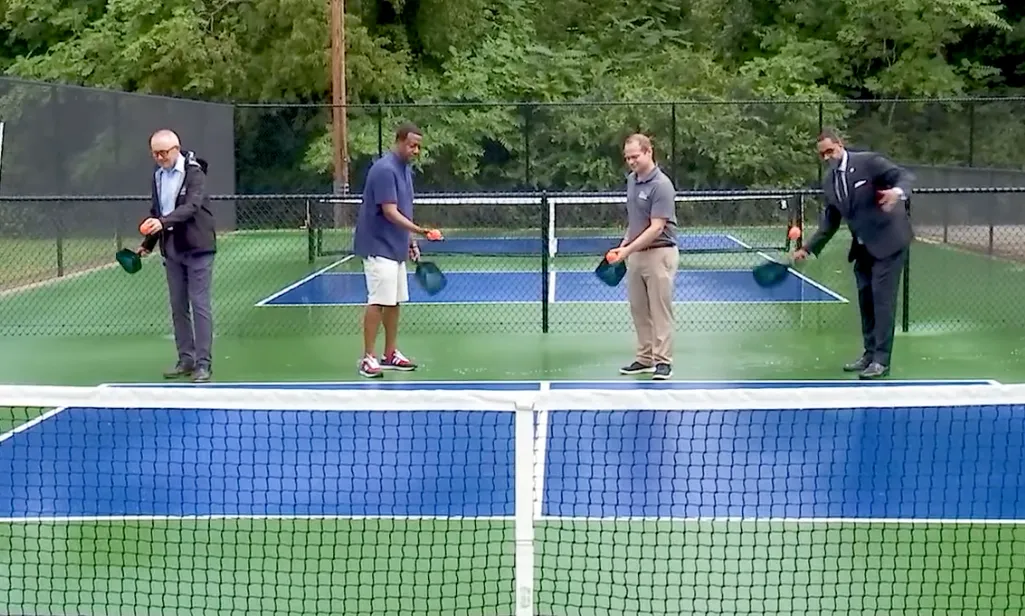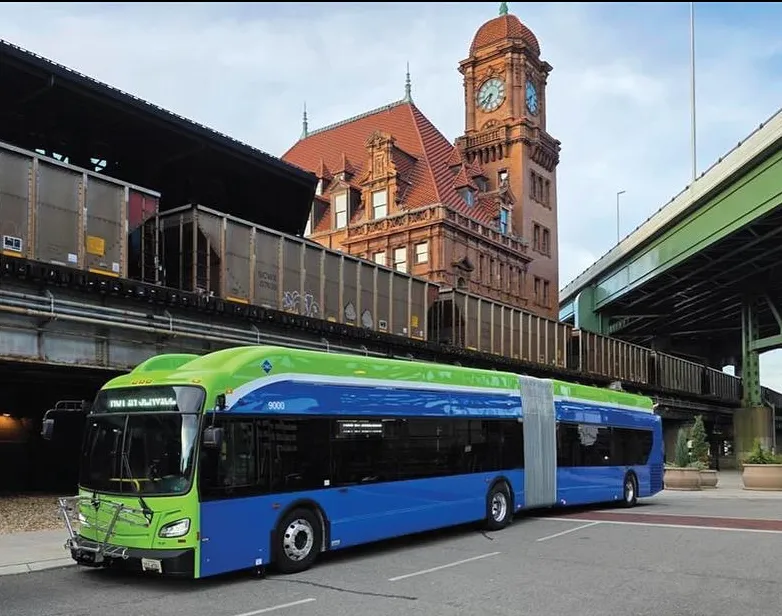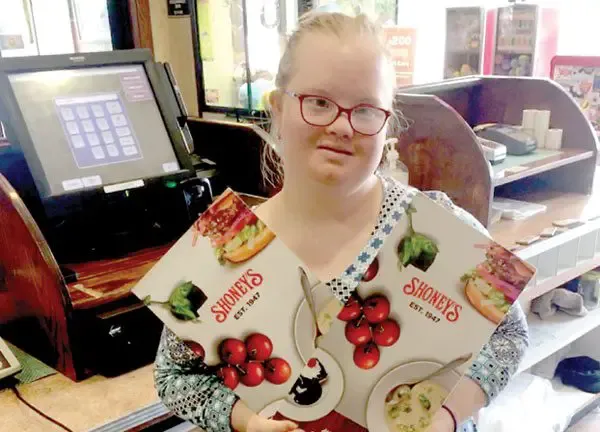Related

Henrico opens new pickleball courts in Sandston after more community demand
Henrico County opened four new pickleball courts at Elko Recreation Area in Sandston July 7, bringing the total number of pickleball courts operated by the county to 44 as the sport gains more popularity. County officials celebrated the new courts with a ceremonial “first serve” at the park, which is
Click here to read more
Bigger buses beckon while GRTC invites community support to keep fares free
More people have a reason to get on the bus now that the Greater Richmond Transit Authority has launched new articulated buses on the 7-mile Pulse routes that reach into Henrico County. Four new 60-foot GRTC accordion buses can accommodate 122 passengers apiece. At a ribbon cutting event Tuesday at
Click here to read more
Federal funding for RIC safety facility announced
New federal funding announced July 9 by U.S. Senators Mark Warner and Tim Kaine will help Richmond International Airport build a two-story, 30,000-square-foot aircraft rescue and fire fighting station. The Capital Region Airport Commission is receiving $4 million in federal funds to use toward the project, as part
Click here to read more
Henrico Planning Commission to weigh proposed Highland Springs subdivision, gas station on Laburnum Avenue
The Henrico Planning Commission July 10 will consider a proposal from Dorado Capital LLC to build 49 single-family homes on North Airport Drive in Highland Springs, east of its intersection with North Washington Street. The proposal is a scaled-down version of one initially introduced last October, which also included 61
Click here to read more
